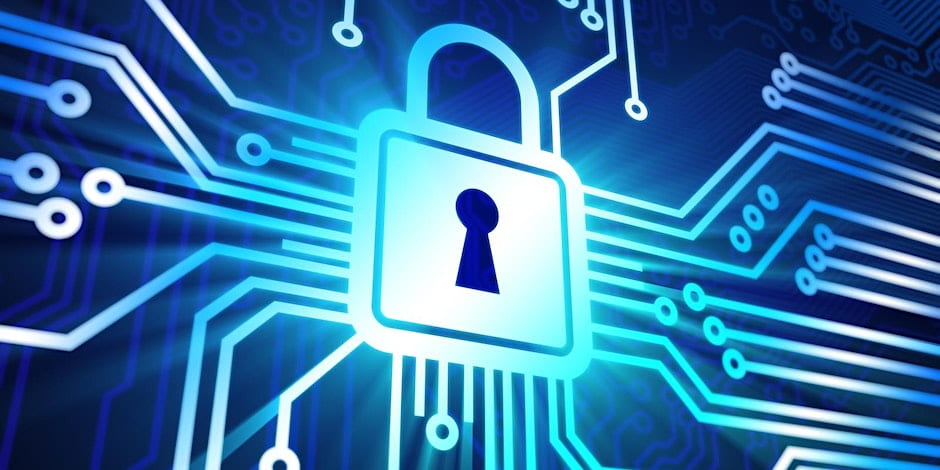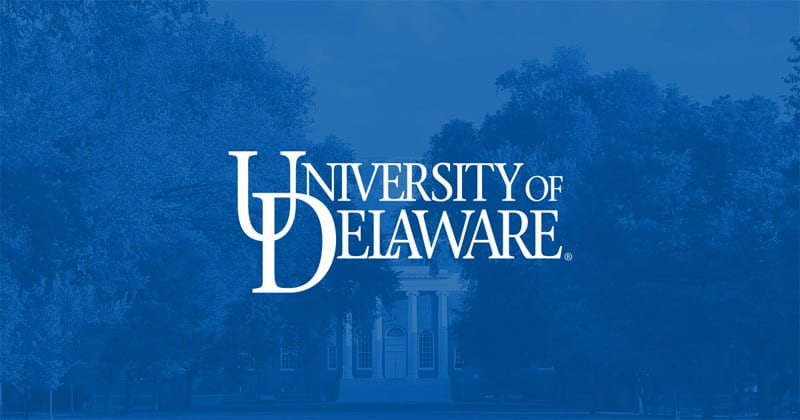
2025
November 14-15 | 12pm (36hours)
CTF COMPETITION
University of Delaware to host 5th Annual Capture the Flag Competition.
Join us to learn about state-of-the-art security technologies and exciting ethical hacking topics.
It’s Time! Capture The Flag (CTF) competition. Be sure to check out sponsorship opportunities.
What is CTF?
- Capture the Flag (CTF) is a special kind of information security competitions. There are three common types of CTFs: Jeopardy, Attack-Defence and mixed.
- Jeopardy-style CTFs has a couple of questions (tasks) in range of categories. For example, Web, Forensic, Crypto, Binary or something else. Team can gain some points for every solved task. More points for more complicated tasks usually. The next task in chain can be opened only after some team solve previous task. Then the game time is over sum of points shows you a CTF winer. Famous example of such CTF is Defcon CTF quals.
- Well, attack-defense is another interesting kind of competitions. Here every team has own network(or only one host) with vulnerable services. Your team has time for patching your services and developing exploits usually. So, then organizers connects participants of competition and the wargame starts! You should protect own services for defense points and hack opponents for attack points. Historically this is a first type of CTFs, everybody knows about DEF CON CTF – something like a World Cup of all other competitions.
- Mixed competitions may vary possible formats. It may be something like wargame with special time for task-based elements (e.g. UCSB iCTF).
- CTF games often touch on many other aspects of information security: cryptography, stego, binary analysis, reverse engineering, mobile security and others. Good teams generally have strong skills and experience in all these issues.
View the CTF Poster
CONTACT INFO
Kenneth Barner and Nektarios Tsoutsos
cybersecurity-info@udel.edu
102 Evans Hall
University of Delaware
Newark, DE 19716
(302) 831-6937
W: ccap.udel.edu

The Embedded Security Challenge (ESC) 2025 invites students worldwide to harness AI and machine learning in tackling hardware security threats—from side channel to fault injection attacks—in one of the most innovative global cybersecurity competitions.
URL: https://github.com/TrustworthyComputing/csaw_esc_2025
Date: November 5-7
Contact: Prof. Nektarios Tsoutsos
The Embedded Security Challenge (ESC) returns in 2025 for the 18th time, and we are proud to announce another exciting and educational global competition! ESC is part of CSAW, which is founded by the department of Computer Science and Engineering at NYU Tandon School of Engineering, and is the most comprehensive student-run cyber security event in the world, featuring international competitions, workshops, and industry events.
ESC 2025 will be held in multiple regions: US-Canada, Europe, and India, with the finals taking place in November 2025.
- CSAW US-Canada: NYU Tandon School of Engineering, Brooklyn, USA.
- CSAW Europe: Grenoble Institute of Technology – ESISAR, Grenoble, France.
- CSAW India: Indian Institute of Technology Kanpur, Kanpur, India.
The competition is organized in all regions under the supervision of Professor Nektarios Tsoutsos (University of Delaware), the global challenge leads are Lars Folkerts and Rostin Shokri, who are also the US-Canada region challenge leads, along with Julian Lenis (ESC Contributor). In Europe, the competition is organized by Amir-Pasha Mirbaha (Grenoble INP). In India, ESC is supervised by Professors Debapriya Basu Roy and Urbi Chatterjee (IIT Kanpur), with Dipesh as the regional challenge lead.
Challenge Summary
This year, we are unleashing the power of AI: participants are encouraged to leverage deep learning and Large Language Models to automate hardware attacks, and design intelligent defenses in a new era of silicon warfare. The competition will focus on applying these cutting-edge techniques to classic hardware security problems, including side channel attacks (SCAs) and fault injection attacks (FIAs), which can be employed to exfiltrate private information from hardware. The 2025 event comprises a qualification and a final phase where teams will be able to learn about these attacks in a controlled and safe environment using a Chipwhisperer Nano board.
Further details and specifics can be found on the challenge description page.
The development this competition was supported by the National Science Foundation (Awards #2234974, #2336586).

Discover how machine learning is transforming hardware security as Prof. Satwik Patnaik shares new perspectives on protecting the chips that power our digital world.
Event: Wednesday Tech Forum (WTF) Date/Time: Wednesday, October 1, 2025 | 12:30 PM – 1:45 PM
Speaker: Prof. Satwik Patnaik, Department of Electrical and Computer Engineering, University of Delaware
Overview:
This talk will introduce the world of hardware (chip) security—what it is, why it matters, and how it shapes the technology we use every day. It will also explore how machine learning is opening new possibilities for securing chips, offering fresh perspectives at the intersection of hardware and artificial intelligence.

Join Dr. Michael De Lucia as he explores cutting-edge machine learning approaches that detect cyber threats directly from raw network traffic—advancing speed, accuracy, and adaptability in modern cyber defense.
Event: Wednesday Tech Forum (WTF)
Date/Time: Wednesday, October 29, 2025 | 12:30 PM – 1:45 PM
Speaker: Dr. Michael De Lucia, DEVCOM Army Research Laboratory
Overview
Increasingly, cyber-attacks are sophisticated and occur rapidly, necessitating the use of machine learning techniques for detection at machine speed. However, the use of traditional machine learning techniques in cyber security requires subject matter expertise (i.e., network analysts) to extract relevant and distinctive features from the raw network traffic. Thus, we propose a novel machine learning algorithm for malicious network traffic detection using only the bytes of the raw network traffic. We also propose a transfer learning architecture to enable training and inference, respectively in a source and target network environment.

Explore how higher education leaders are tackling today’s cybersecurity challenges as Dr. Ahad Sheik shares strategies for protecting campuses and shaping the future of digital defense.
Event: Wednesday Tech Forum (WTF)
Date/Time: Wednesday, October 22, 2025 | 12:30 PM – 1:45 PM
Speaker: Dr. Ahad Sheik, Chief Information Security Officer, University of Delaware
Overview:
Dr. Sheik will discuss strategic cybersecurity priorities in academia, including leadership roles, evolving threats, and campus-wide defense measures.

BSides Delaware 2025 brings together the InfoSec community for two days of hands-on learning, competitions, and collaboration—where curiosity meets cybersecurity.
Date: November 14-15, 2025 (2 days)
Location: In-person | Fintech Innovation Hub, University of Delaware, 591 Collaboration Way, Newark, DE 19713
URL: https://bsidesdelaware.com/
Overview:
As part of the global BSides Community, this conference emphasizes community, connection, and cybersecurity. It facilitates open exchanges of information and experience and welcomes participants of all ages.
Activities:
- CTF Competitions
- Villages (Lockpicking Village, Ham Radio Village, Spawn Camp, Radio Frequency Hacker’s CTF, Proes V Joes, Blue Hen CTF)
- Workshops
- Talk Tracks
- Networking Opportunities
Audience: Local, regional, and interested InfoSec enthusiasts from diverse backgrounds.



